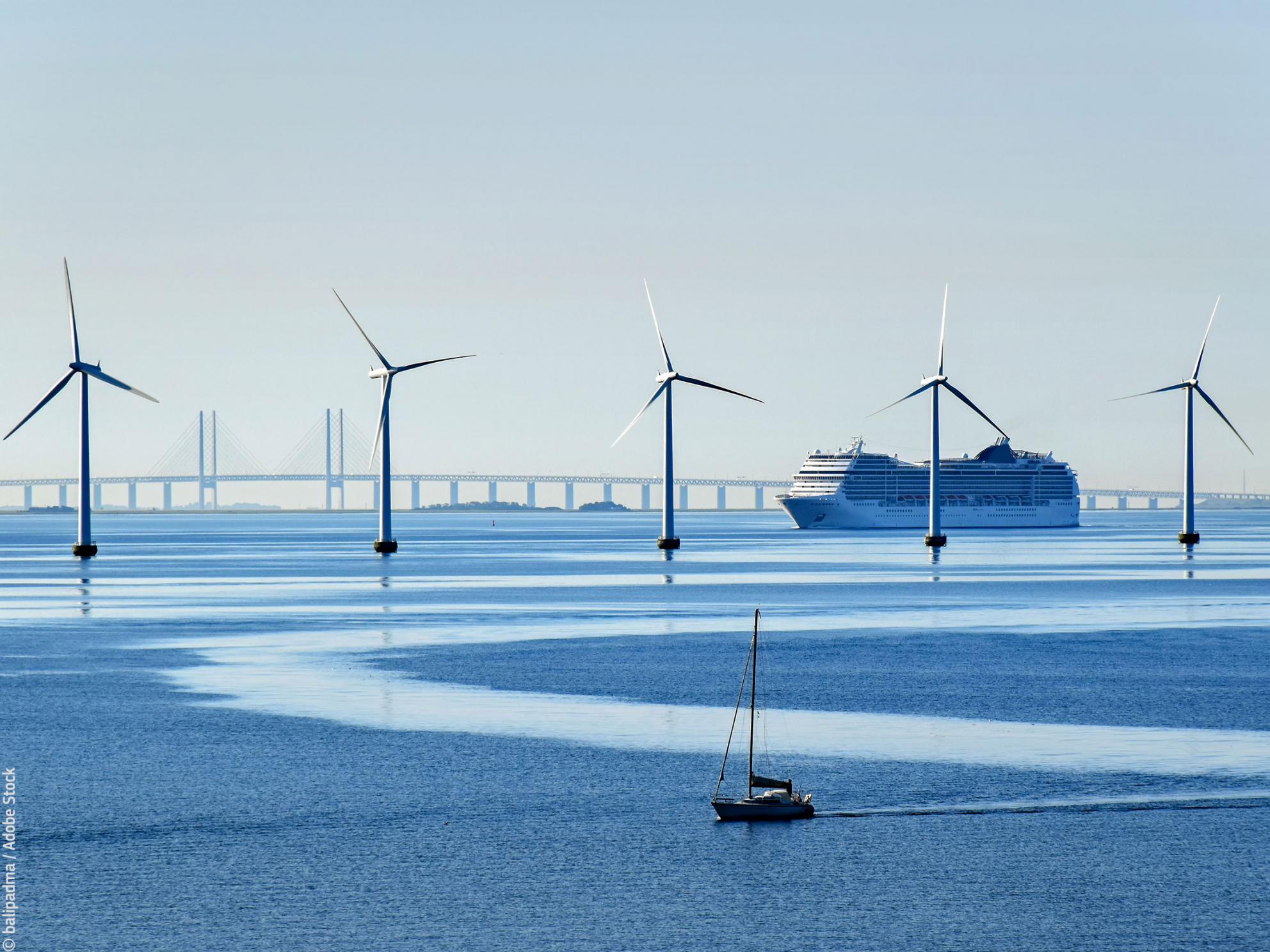The European Commission has published a report on the implementation of the Maritime Spatial Planning Directive, which sets the obligation for the 22 coastal Member States to establish maritime spatial plans by 31 March 2021 at the latest. While the majority of the coastal Member States now have a maritime spatial plan in place, eight countries did not make sufficient progress. The report furthermore concludes that maritime spatial planning (MSP) is an effective and strategic tool to coordinate the different activities at sea and prevent conflicts over the use of maritime space. The EU remains global leader in this area.
The report recalls the objectives of the directive and describes the support that the Commission has provided to Member States in implementing the directive, notably through the European MSP Platform, a dedicated Member States’ expert group, and support to cross-border cooperation on MSP in all European sea basins through the European Maritime and Fisheries Fund (EMFF) and other EU funds. The report also describes the varying transposition approaches taken by Member States and concludes that the Commission found the transposition into national law to be complete, albeit with some delays.
The plans established by Member States and the implementation of the directive’s minimum requirements for maritime spatial plans are also included in the report: their overall objectives and ecosystem-based approach, land-sea interactions, the identification of the spatial and temporal distribution of activities and uses. The report also evokes the respective national MSP processes: stakeholder involvement and public participation, use of best available data and data sharing, and reflects on cooperation among Member States and at sea basin level, including with third countries. In addition, it points to challenges in implementation.
The MSP Directive provides a flexible framework giving Member States ample room to find the best solutions. It identifies the challenge of complete implementation in those Member States that have not yet established plans, and points already to the potential review of plans, which is required at the latest every 10 years, but could take place earlier, especially in the current context. It encourages Member States to increasingly leverage MSP as a tool for achieving the European Green Deal objectives of decarbonisation and biodiversity protection, as well as digitalisation. Work on transboundary cooperation and coherence at sea-basin scale between Member States - where necessary with third countries - will need to intensify with the transformation of the EU blue economy, and the Commission is committed to continue supporting it.


